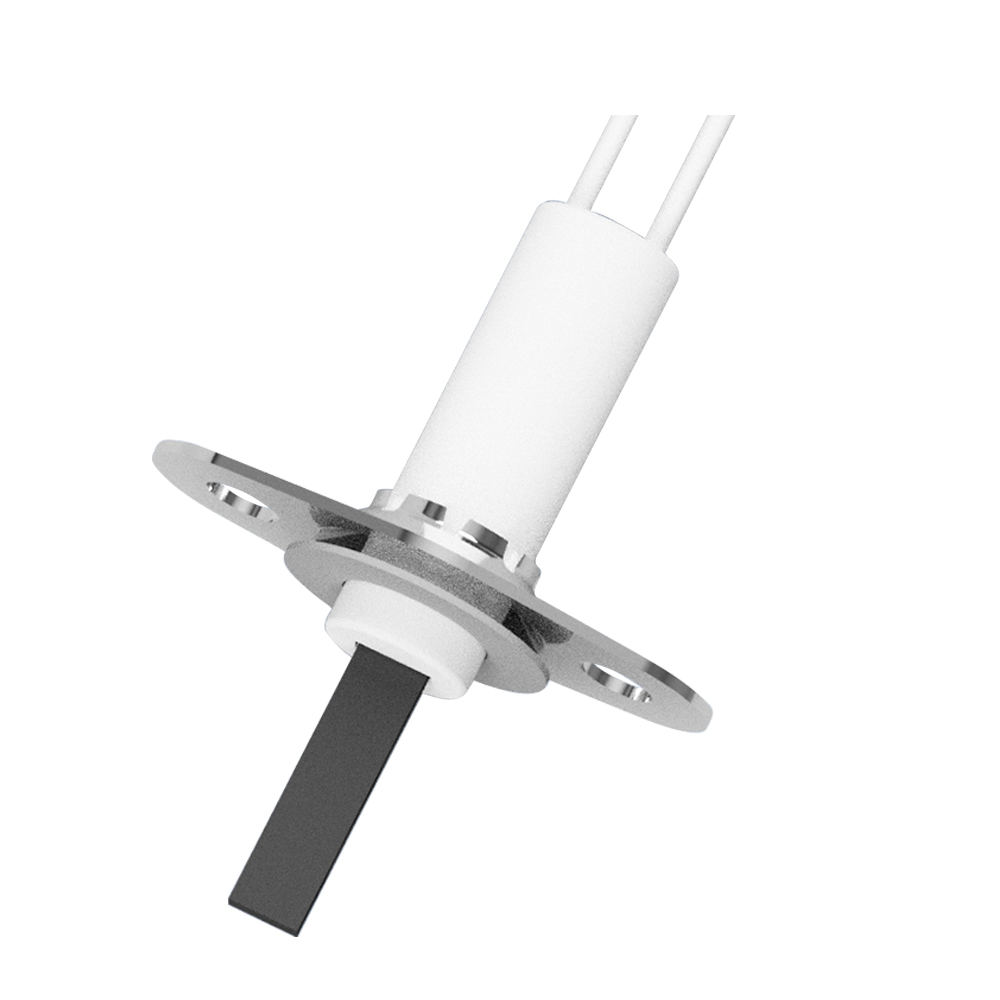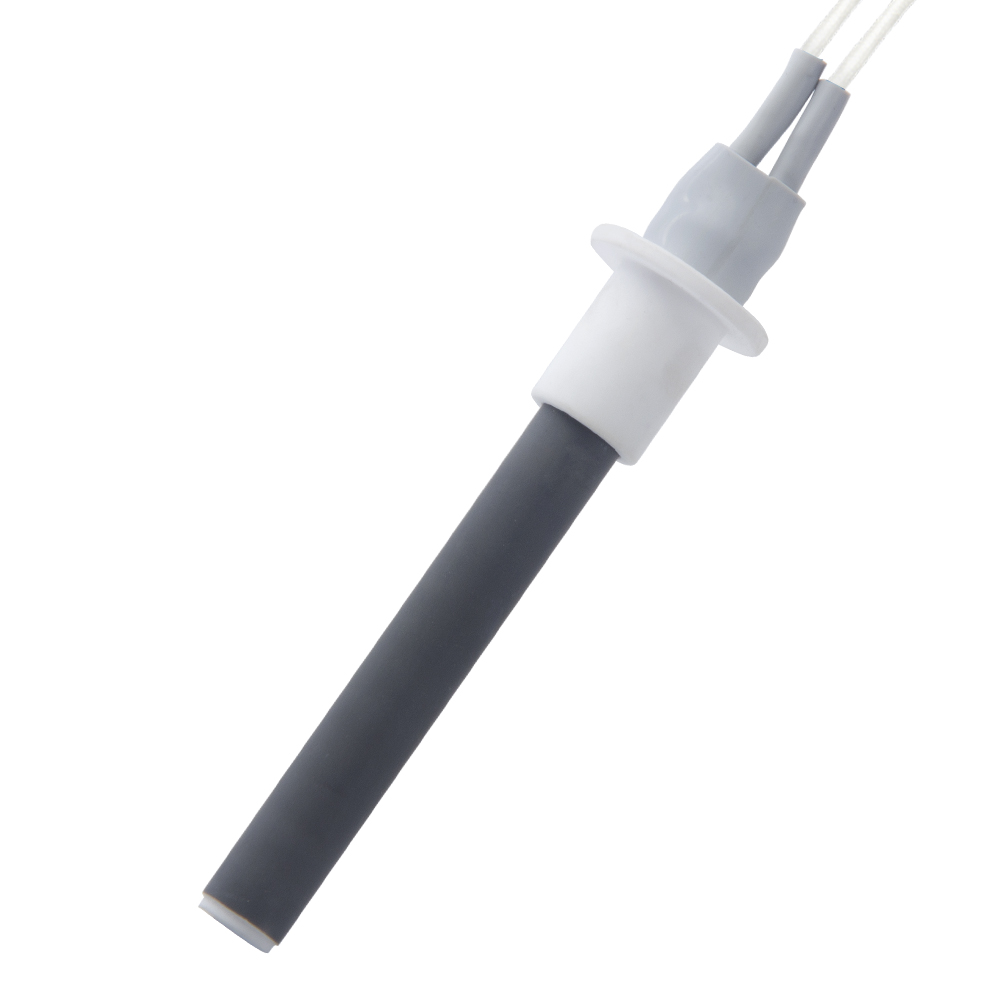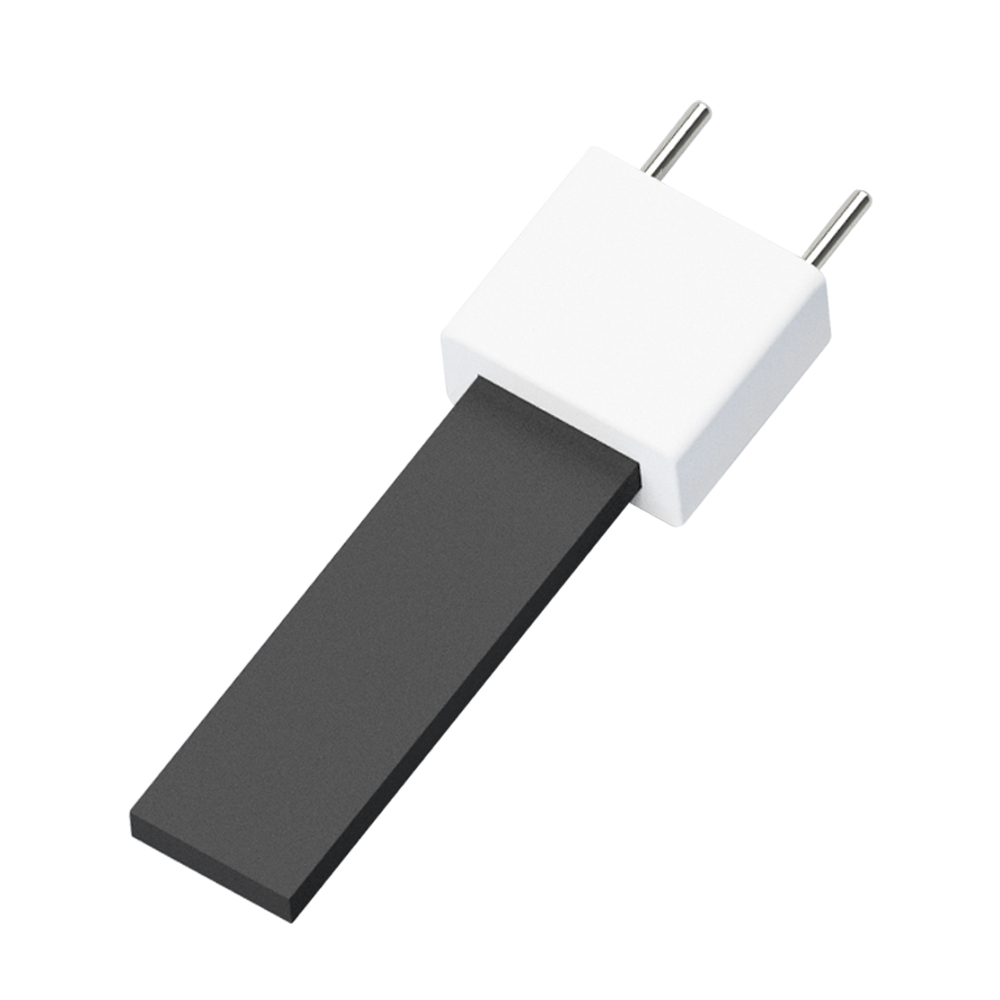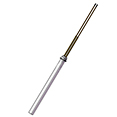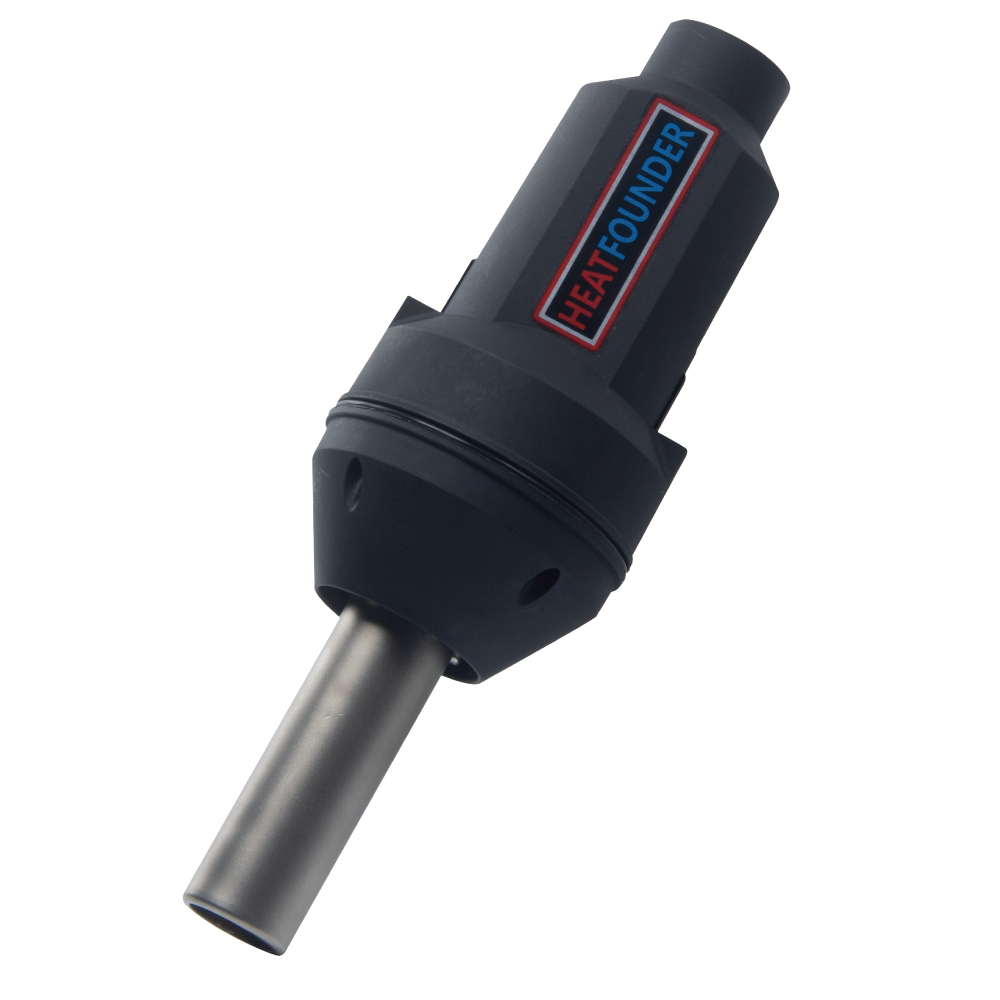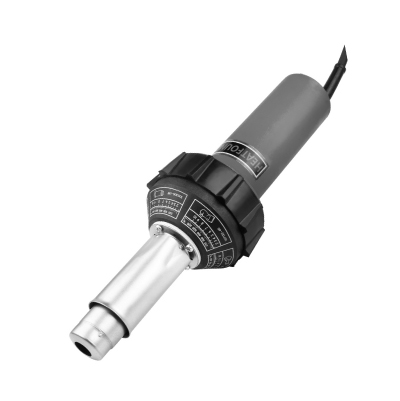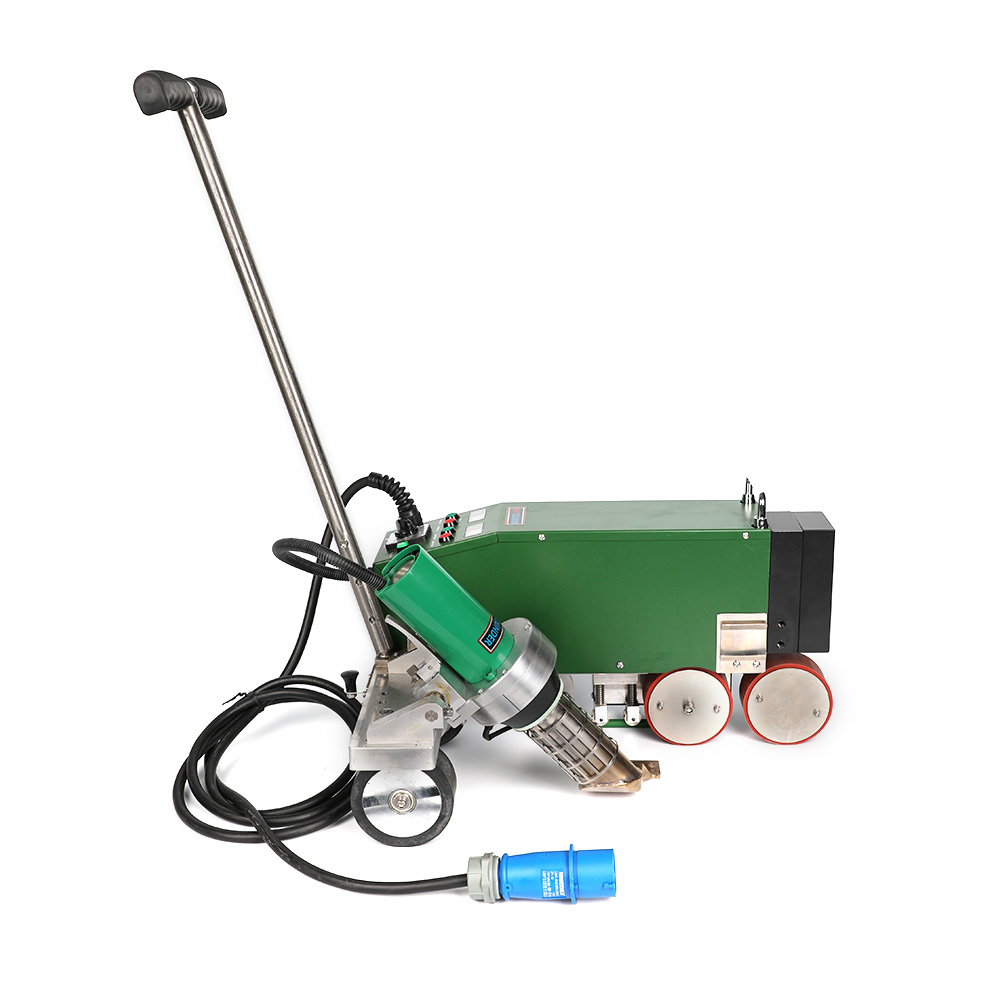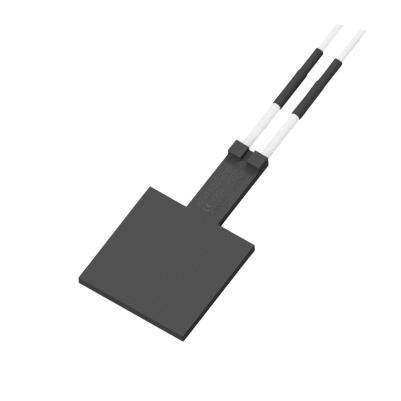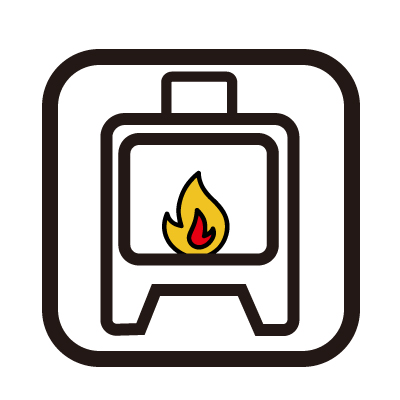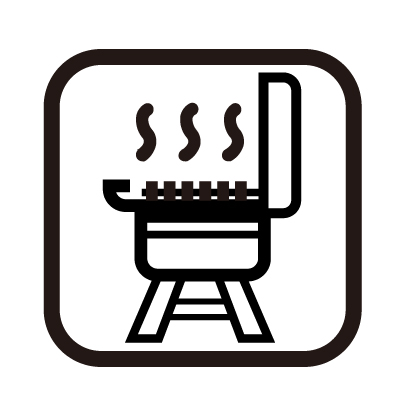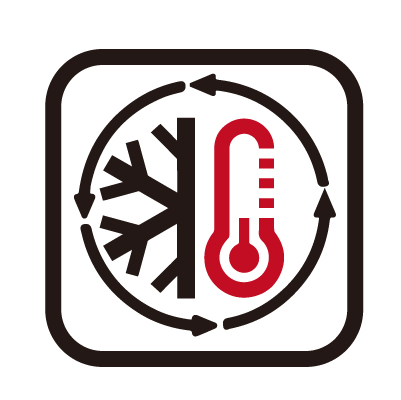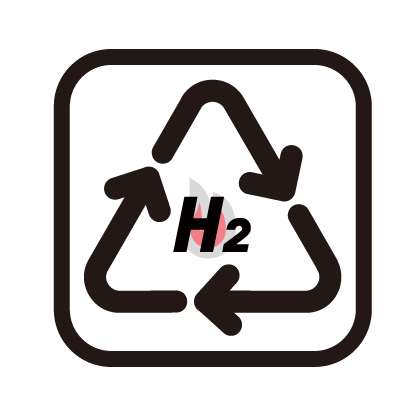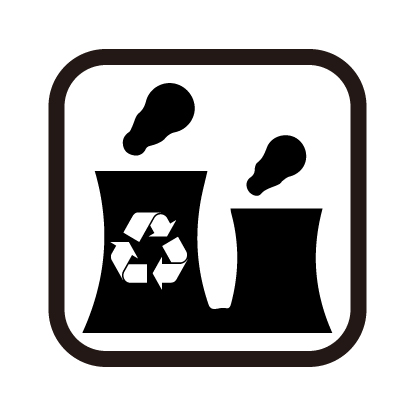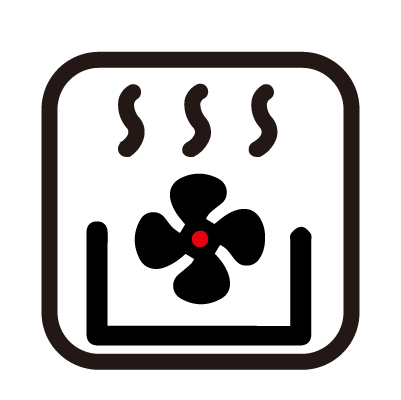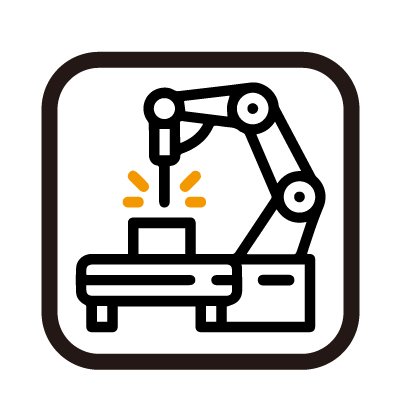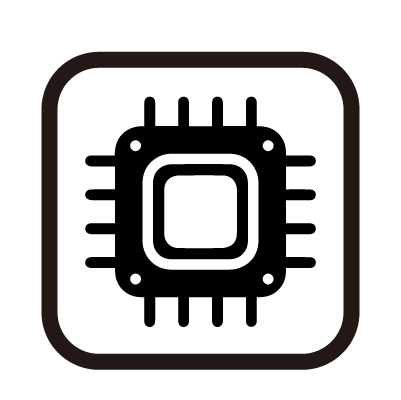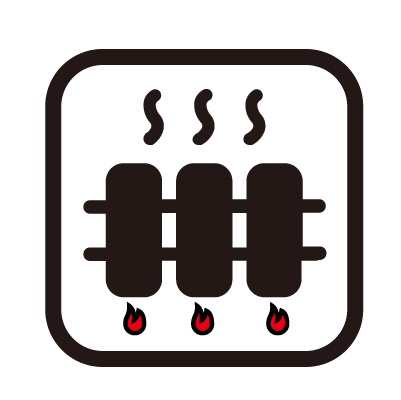
-
HVAC (Heating, Ventilation, and Air Conditioning) systems are essential components in modern homes and buildings, providing comfort and maintaining indoor air quality. These systems work together to regulate temperature, humidity, and air circulation within a space.
Heating: HVAC systems use various methods such as furnaces, heat pumps, or boilers to provide warmth during colder months. The system distributes heated air or water throughout the building through ductwork or pipes.
Ventilation: Ventilation is crucial for maintaining indoor air quality by removing stale air, odors, and pollutants while bringing in fresh outdoor air. HVAC systems include fans or air handlers to circulate and exchange air within the building.
Air Conditioning: Air conditioning systems cool and dehumidify indoor air during hot weather. These systems use refrigerants to absorb heat from indoor air and release it outside, creating a comfortable indoor environment.
HVAC systems can be controlled manually or through programmable thermostats, allowing users to set temperature preferences and schedules for energy efficiency. Regular maintenance and professional servicing are essential to ensure optimal performance and longevity of HVAC systems.
HEAT FOUNDER hot surface ignitor is a component used in some HVAC systems to ignite the gas in the furnace or boiler. It consists of a ceramic or silicon carbide element that heats up when electricity passes through it, creating a hot surface that ignites the gas as it flows through the system.
Hot surface ignitors are more reliable and durable than traditional pilot lights, as they do not rely on a constant flame to ignite the gas. They are also more energy-efficient, as they only heat up when needed and do not waste energy when the system is not in use.
Overall, hot surface ignitors are a key component in many modern HVAC systems, providing efficient and reliable ignition for heating systems.


